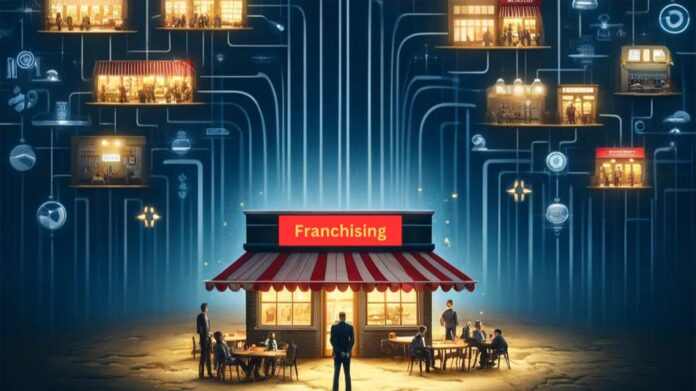Table of Contents
Scaling a business is an exciting yet challenging phase for entrepreneurs. It demands a strategic balance between growth and sustainability, which is often easier said than done. Many business owners struggle with expansion due to the high costs, operational complexity, and risks involved in entering new markets. Among the various methods available for scaling, franchising continues to stand out as one of the most effective and efficient strategies. It offers a unique blend of rapid growth, reduced capital investment, and local market penetration — benefits that are hard to match through other expansion models.
Leveraging the Power of Other Entrepreneurs
One of the most compelling reasons franchising is so effective is because it allows business owners to leverage the entrepreneurial drive of others. When you expand your business with franchises, you’re essentially recruiting motivated individuals who are investing their own money, time, and effort into building a successful branch of your brand. Unlike hired managers or regional directors, franchisees have a direct stake in the success of their location, which typically translates into higher levels of performance, accountability, and customer service.
This model shifts much of the day-to-day operational responsibilities from the franchisor to the franchisee, enabling the parent company to focus on strategy, brand development, and innovation. By empowering other entrepreneurs under a shared brand, companies can scale faster and more efficiently than if they were to open and manage every new location themselves.
Scalable Growth with Lower Capital Risk
Traditional business expansion often requires significant capital outlay for real estate, staffing, equipment, and inventory. This can be a major hurdle for even the most successful small to mid-sized companies. Franchising dramatically reduces these financial barriers. Since franchisees provide the majority of the capital needed to open and operate new locations, franchisors can expand their footprint without taking on significant debt or giving up equity.
This approach minimizes the risk typically associated with growth. Each franchise unit operates as a semi-independent business, so the financial performance of one location has less direct impact on the franchisor’s bottom line. Furthermore, because franchisees are responsible for their own profits and losses, they are more likely to run lean, efficient operations that prioritize local market needs.
Rapid Market Penetration and Local Adaptation
Franchisees bring something invaluable to the table — local market knowledge. They understand the culture, consumer behavior, and economic conditions of the area in which they operate. This allows for faster market penetration and better customer alignment than would typically be possible with a centralized management approach.
Franchisors also benefit from the ability to scale across multiple geographic regions simultaneously. While it would be difficult for a corporate team to manage dozens or hundreds of branches in various states or countries, a franchise network can organically grow in parallel across different regions, each run by someone with a deep understanding of their local clientele.
Building a Stronger Brand Through Shared Success
A well-run franchise system benefits from shared branding, marketing, and customer experience standards. With every new franchisee joining the network, the brand gains greater visibility and credibility. As the franchise grows, so does its reputation, which in turn attracts more potential franchisees and customers.
This cycle of shared success fuels a virtuous loop: more franchisees mean more brand exposure, which leads to increased trust and consumer interest, further strengthening the business’s market position. Franchisors who maintain strong support systems and enforce brand standards can ensure consistency while still allowing some flexibility for local adaptation.
Conclusion
Franchising remains one of the most effective ways to scale a business because it offers a powerful combination of entrepreneurial energy, reduced financial risk, local market insight, and scalable infrastructure. While not without its challenges — such as maintaining quality control and supporting a growing network — the benefits far outweigh the drawbacks for businesses with a proven model and a strong brand. By embracing franchising as a growth strategy, companies can expand faster, smarter, and with greater resilience in today’s competitive marketplace.















